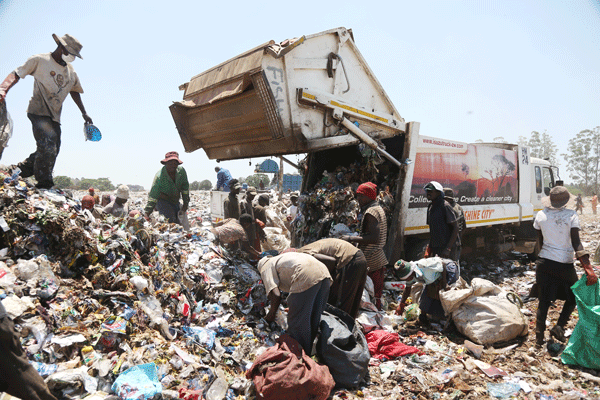IMF on why it cut its 2021 growth forecast for Zim
THE International Monetary Fund (IMF) says it cut its 2021 economic growth forecasts for Zimbabwe because the country is unlikely to receive foreign credit support this year, while the impact of COVID-19 will slow any prospect of recovery.
The IMF, in its latest Africa economic outlook report, revised its Zimbabwe economic growth target for this year from 4,2% to 3,1%.
Government expects 7,4% recovery. The fund also projected that inflation will end the year at 49,4%, much higher than the 3% that it projected in its last forecast, and more than government’s own year-end target of below 10%.
At a Press conference last Thursday, IMF’s Africa director, Abebe Aemro Selassie was asked what policy responses Zimbabwe needed to make, since the country was not accessing foreign credit.
“Starting with growth, an important reason why we are more conservative in our growth projections is, of course, exactly the point you made that Zimbabwe, unfortunately, continues to have very limited access to external concessional support,” Selassie said.
Zimbabwe, he said, could also not fill that lack of foreign funding gap with domestic borrowing, he said.
“And of course, domestically also, the government’s ability to finance itself — by issuing bonds or borrowing from the banking system is very constrained given the monetary and exchange rate framework that the country has a susceptibility to inflation.”
With no foreign support, amid the impact of COVID-19, growth would be sluggish, Selassie said.
“So, we feel that with the limited fiscal support, with the toll of the pandemic on economies, on peoples’ lives, livelihoods, we feel that the robust growth recovery this year will be constrained to the order of 3%. But we — this is a point we’d be very happy to be proven wrong on. If growth is higher, we would be very happy.”
IMF: Inflation to remain high
Inflation in Zimbabwe will slow down this year, but with no new foreign credit inflows, it would remain high.
“Turning to inflation, again, it really comes back to the same factors. We do see inflation coming down from the very high levels it was during 2019/20 on account of the droughts that Zimbabwe and Zambia had suffered from.
“That said, given the absence of new inflows, we do see a constrained environment and a much more constrained evidence for supply of goods and services — so we expect inflation to be a bit higher,” he said.
According to the IMF, the Zimbabwe economy shrank by 8% last year, less than its initially projected 10,4%.
In its own forecast released in March, the African Development Bank (AfDB) said Zimbabwe’s economy would recover by a “modest” 4,2% in 2021, but that depended on whether Zimbabwe maintained exchange rate stability and controlled money supply growth. The World Bank last year projected economic growth of 2,9% in 2021. — newZWire








